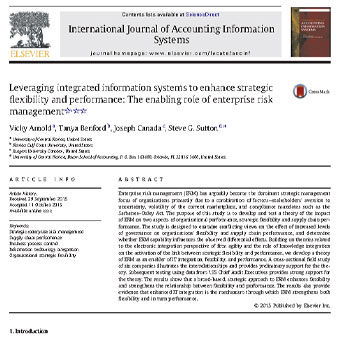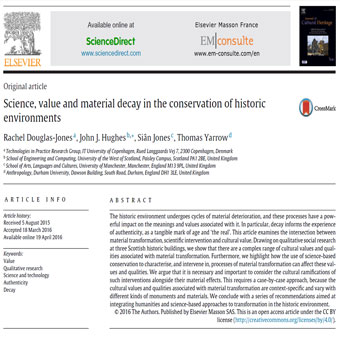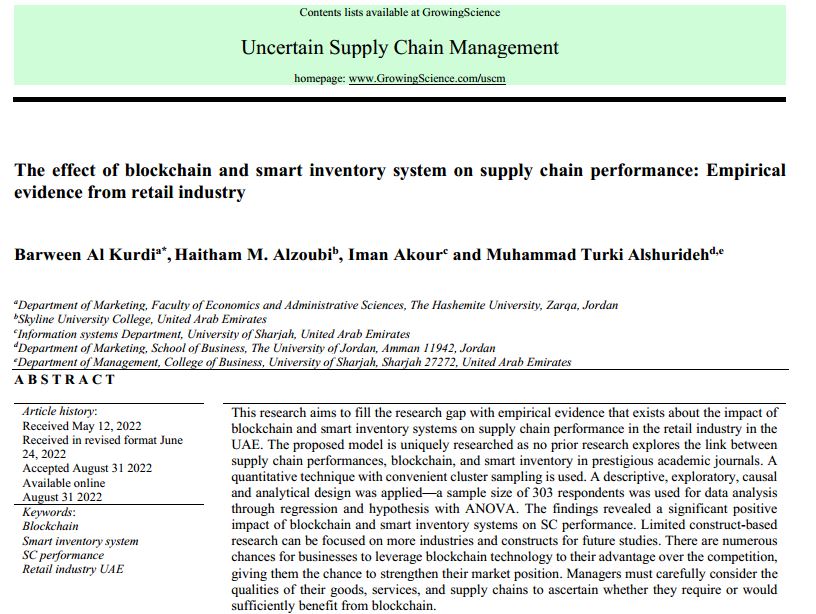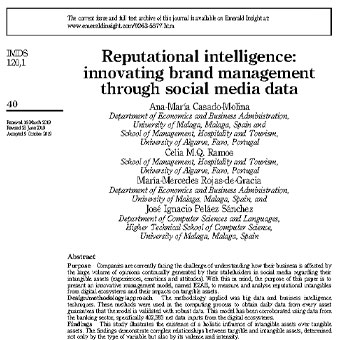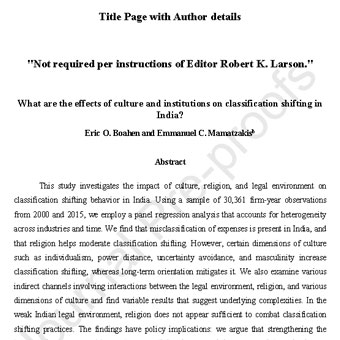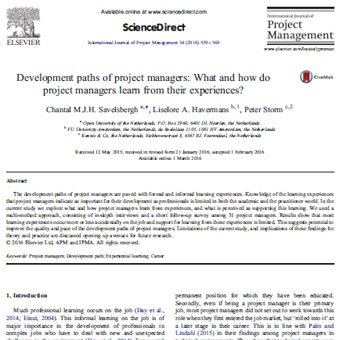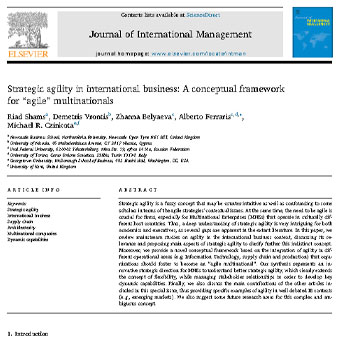عنوان فارسی مقاله:پاورپوینت سيستم هاى اطلاعاتى مديريت و عملكرد استراتژيك
چکیده
سيستمهاي اطلاعاتي داراي سه كاربرد اساسي هستند. نخست آنكه اين سيستم ها در عمليات مختلف سازماني با هدف ارتقاي كارايي بكار گرفته مي شوند. ارتقاي اثربخشي تصميم گيري مديران ديگر كاربرد سيستم هاي اطلاعاتي محسوب ميشود. بالاخره، سيستمهاي اطلاعاتي ميتوانند در تحقق استراتژي سازماني نقش تعيين كننده اي داشته باشند.با شكل گيري محيط هاي متلاطم و متغیر، كاربرد استراتژيك سيستمهاي اطلاعاتي مورد توجه جدي قرار گرفته است تا سازمانها بتوانند با تكيه بر IS/IT مزيت رقابتي به دست آورند.
- لینک دانلود فایل بلافاصله بعد از پرداخت وجه به نمایش در خواهد آمد.
- همچنین لینک دانلود به ایمیل شما ارسال خواهد شد به همین دلیل ایمیل خود را به دقت وارد نمایید.
- ممکن است ایمیل ارسالی به پوشه اسپم یا Bulk ایمیل شما ارسال شده باشد.
- در صورتی که به هر دلیلی موفق به دانلود فایل مورد نظر نشدید با ما تماس بگیرید.
 متن به فارسی | ترجمه مقالات و متون علمی | ترجمه و دانلود مقالات و انواع متون علمی و ادبی و پذیرش سفارش ترجمه
متن به فارسی | ترجمه مقالات و متون علمی | ترجمه و دانلود مقالات و انواع متون علمی و ادبی و پذیرش سفارش ترجمه
